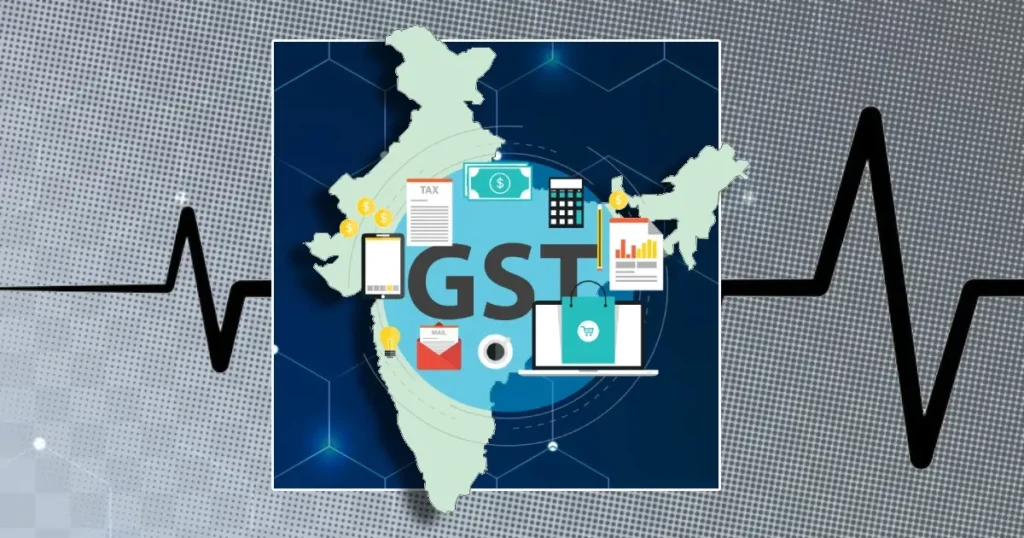FIDC Seeks GST Clarification on NBFCs’ Co-lending Interest Rates

In response to investigations by the Directorate General of GST Intelligence (DGGI) into co-lending practices between Non-Banking Financial Companies (NBFCs) and banks, the Finance Industry Development Council (FIDC) has reached out to the Central Board of Indirect Taxes and Customs (CBIC) for clarity. FIDC urges CBIC to assert that the higher interest rates retained by NBFCs in co-lending models with banks should not be considered a taxable ‘service’ and, therefore, should not be subjected to Goods and Services Tax (GST).
Background Investigation by DGGI
Members of FIDC reported an ongoing investigation by DGGI, aiming to determine if GST evasion occurred in co-lending models. FIDC emphasizes that the excess interest charged by NBFCs in such arrangements is not a consideration for any service provided, seeking assurance from CBIC.
Co-origination Arrangement Dynamics
FIDC clarifies that in co-origination, where NBFCs contribute 80% of the credit, the higher interest rates result from the higher borrowing costs of NBFCs. FIDC asserts that the elevated interest is not linked to any specific service and does not represent consideration for any NBFC activity.
Post-disbursal Takeover Structure
In cases where banks structure co-lending as a post-disbursal takeover, FIDC outlines that, apart from the interest income shared between banks and NBFCs, no additional remuneration occurs between the parties. FIDC aims to establish that the excess interest spread is solely an “interest income,” subject to income tax and not liable for GST.
Conclusion: Interest Income vs. GST Liability
FIDC underscores that the excess interest spread, being in the nature of “interest income,” is not a fee or charge and, therefore, should not be subject to GST. The council seeks CBIC’s clarification on this crucial distinction to prevent potential tax ambiguities in the co-lending landscape.